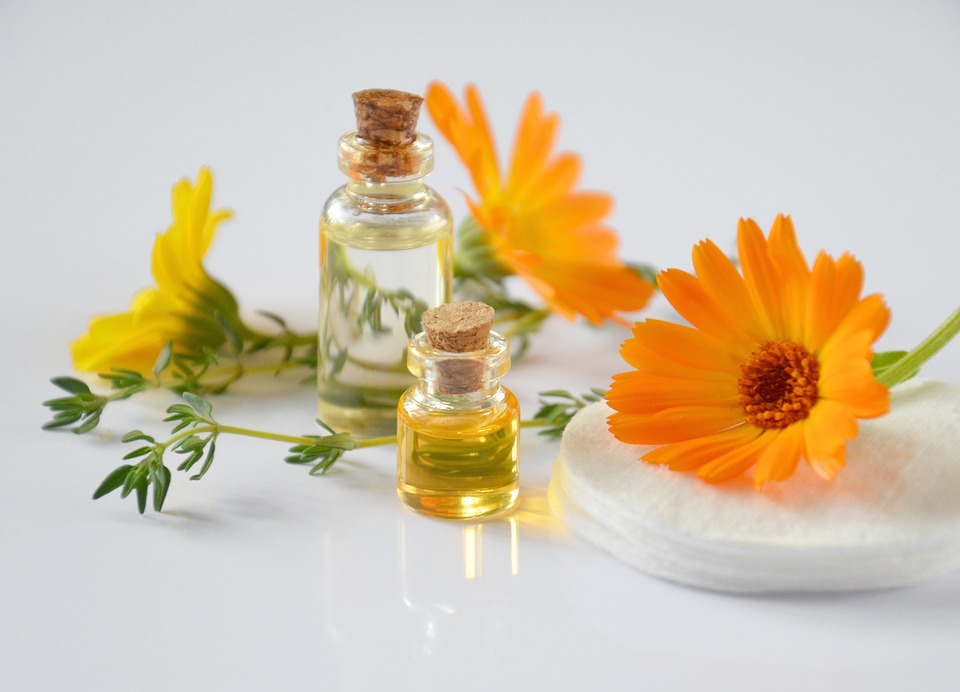Many people have always used natural medicine; oligotherapy, osteopathy, phytotherapy, acupuncture, aromatherapy, etc. In this article, we will mainly explain aromatherapy and its benefits.
What is “Aromatherapy”?
Aromatherapy comes from the Greek word “aroma” which means smell and “therapeia” which means care. Aromatherapy refers, in general, to the use of aromatic compounds from plants, commonly known as essential oils, to prevent or relieve certain wellness disorders. Used for thousands of years in China, India or Greece, essential oils are well known for their therapeutic properties. They heal our wounds while acting positively on our unconscious, thanks to the aromatic scents they release. Their use does not require a medical prescription but still needs the advice of a professional. Essential oils can be found at the pharmacy.
What Are the Different Properties of Essential Oils?
Respiratory Property
Many essential oils are used to clear the respiratory tract by helping the body evacuate the mucus that clogs it. We can take an example of the essential oil of Eucalyptus or the rosemary.
Digestive Property
Oils, such as basil essential oil, have an aperitive and digestive action on our body. They can increase our appetite and stimulate the secretion of digestive juices to facilitate digestion.
Circulatory Property
Let’s take the example of the essential oil of the Italian helichrysum. It allows to eliminate the hematomas and to decrease the risks of phlebitis. By associating it with the essential oil of Wintergreen, Lemongrass, or Peppermint, it promotes blood circulation and reduces the feeling of tiredness in the legs.
Antiviral Property
Essential oils can slow down or even stop the progression of viruses. Others that are detoxifying and mucolytic allow the evacuation of mucus and the respiratory exchanges.
Anti-pain Property
Essential oils are a real natural remedy against pain. Peppermint is very effective in the case of migraine. Clove essential oil is perfect for calming the pain if you have a toothache. Simply apply it to the gums.
Protective Property
Used in diffusion, essential oils disinfect and pleasantly perfume the air. This is the case with citrus fruits such as orange, lemon, or mandarin. As for rosemary essential oils, they are remarkable antiseptics; they naturally rid the air of bacteria.
How Are Essential Oils Used?
There are several ways to benefit from the advantages of essential oils. Generally, they are used externally. But if an internal use is necessary, it is recommended to consult an aromatherapist.
In Massage and Friction
Before any application on the skin, it is advised to dilute the essential oil in vegetable oil to avoid any irritation. The essential oils have a power of cutaneous penetration very remarkable. In practice, dilute 15 to 25 drops of essential oil in 50 ml of vegetable oil like sweet almond or jojoba, or you can mix 3 to 5 drops in 10 ml of vegetable oil.
In Inhalation
It is essential to know that essential oils in inhalation clear the respiratory tract and help tone and clean the skin. To do this, you can add five drops of essential oil in a bowl of 50cl of boiling water. Place a towel over your head and breathe the steam deeply for 10 to 15 minutes.
In the Bath
Remember to dilute the essential oils beforehand to avoid them floating and burning the skin. Dilute 15 to 20 drops of essential oil in 50 ml of bath base or a little alcohol at 90°C. Then introduce the mixture into the bathwater.
In Diffusion
This is one of the most used and effective methods to purify the air in a room. It allows for chasing away mosquitoes and for pleasantly perfuming the air. Simply pour a few drops into an aroma diffuser and leave it on for 20 minutes.


